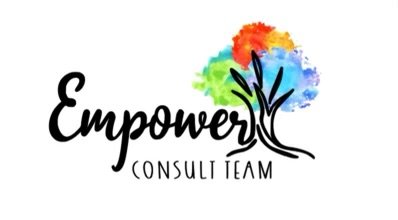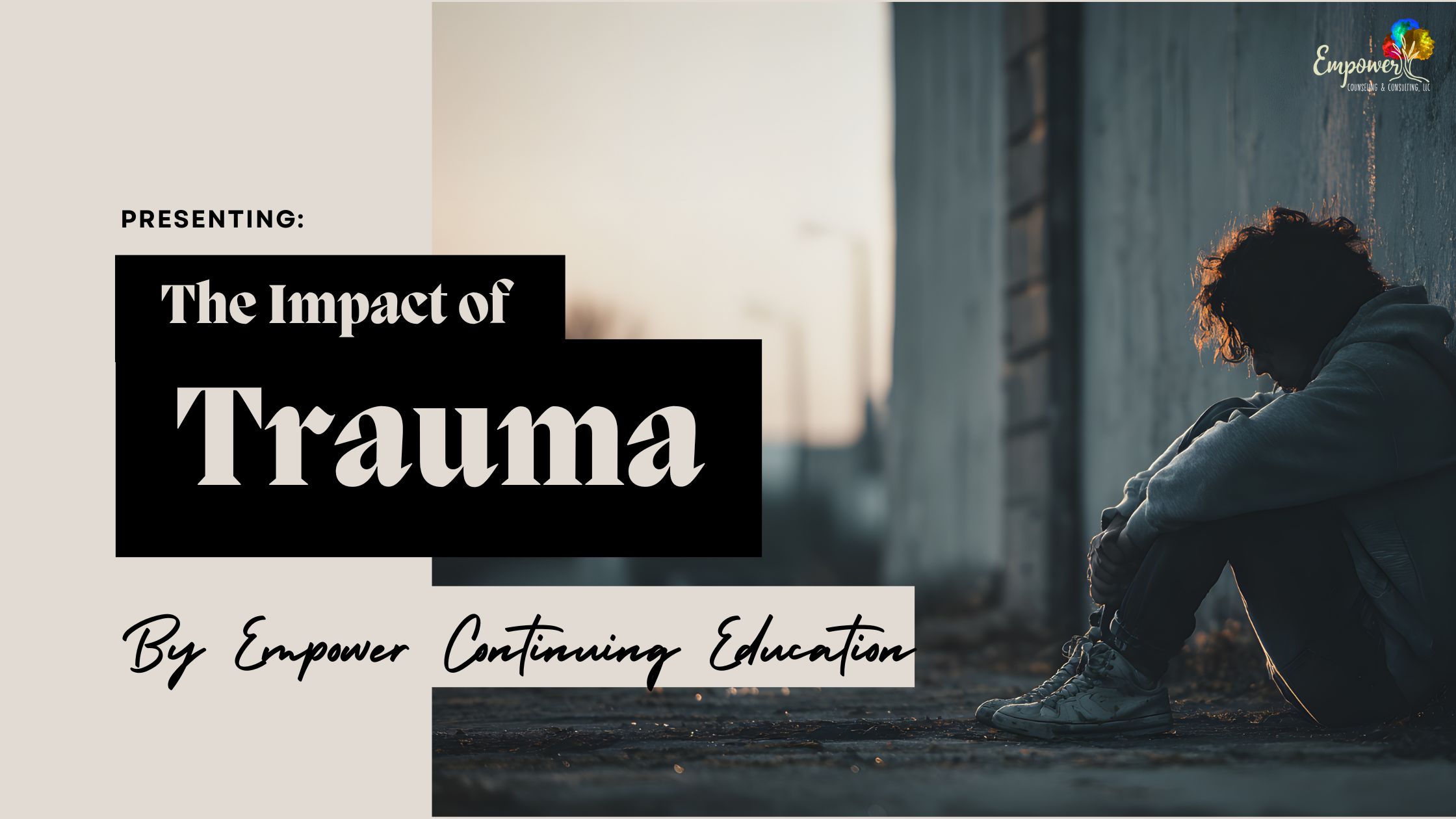The Lasting Echo: How Trauma Shapes Brains, Behavior & Healing
Trauma doesn’t just linger in memory — it reverberates through the brain, behavior, and relationships in ways that often go unseen. As mental health professionals, we’re called to understand not just the symptoms clients bring, but the deeper impacts that underlie them.
Trauma doesn’t just linger in memory — it reverberates through the brain, body, behavior, and relationships in ways that often go unrecognized. As mental health professionals, we’re called to understand not just the symptoms clients bring, but the deeper origins that underlie them.
This is precisely what our October 18 course, The Impact of Trauma, is all about: exploring how trauma works — neurologically, emotionally, and relationally — and how we can respond in ways that foster real resilience and repair.
1. From Experience to Biology: Trauma & the Developing Brain
Early experiences of adversity don’t just evoke emotions — they influence the developing structure and function of the brain. Through research such as the Adverse Childhood Experiences (ACE) study, we see how exposure to repeated stress, threat, or instability can increase risk for mental and physical health challenges across the lifespan.
In the course, participants will:
Review the ACEs framework and identify at least three long-term effects of early childhood trauma (e.g., regulatory difficulties, relational issues, health vulnerabilities)
Learn how to conceptualize the influence of trauma as changes in “brain states” (a framework from Dr. Becky Bailey) and see how this lens can supplement interventions you already use
Understanding trauma at the neurological level helps us approach clients with more clarity, humility, and insight.
2. When Behavior Speaks Trauma: Resistance, Reactivity & Connection
Often, certain client behaviors — avoidance, defiance, emotional shutdown, or abrupt shifts — are viewed as “resistance” or “noncompliance.” But from a trauma-informed lens, many of these behaviors may be surfaced attempts at self-protection, survival, or disconnection.
In this course, you’ll have space to:
Identify three common challenging behaviors and reframe them through trauma concepts
Evaluate how the therapeutic relationship can soothe, trigger, or repair those patterns
Better attune to the indications of trauma responding, rather than defaulting to pathologizing
When we see behavior as communication rather than opposition, we open a pathway to empathy and deeper trust.
3. Treatment Paths: Integrating Trauma-Informed & Trauma-Focused Approaches
Working with trauma asks us to broaden our toolkit — not rely on just one orientation. This course provides a basic overview of several intervention models, including but not limited to:
Trauma-Focused CBT (TF-CBT)
EMDR
Equine-Assisted Psychotherapy (EAGALA model)
Theraplay
You’ll learn not only how they differ, but how you might consider their integration into your practice, or refer out when appropriate.
4. Why This Course Matters for You & Your Clients
You’ll emerge with a richer, more coherent trauma conceptualization you can bring into any clinical context
You’ll gain tools to navigate everyday encounters — from assessment to treatment planning — through a trauma-informed lens
You’ll deepen your ability to see clients’ histories, not just their symptoms, and respond accordingly
And, of course, you'll earn CE credits to support your professional growth
5. Reserve Your Spot — Let’s Grow Together
Trauma treatment is rarely simple, but understanding impact is one of the clearest starting places. We invite you to join us on October 18, 2025 for The Impact of Trauma, and walk away with new insight, renewed confidence, a pathway to support your clients more skillfully.
👉 Register here for The Impact of Trauma and be part of a learning community committed to healing with integrity.

